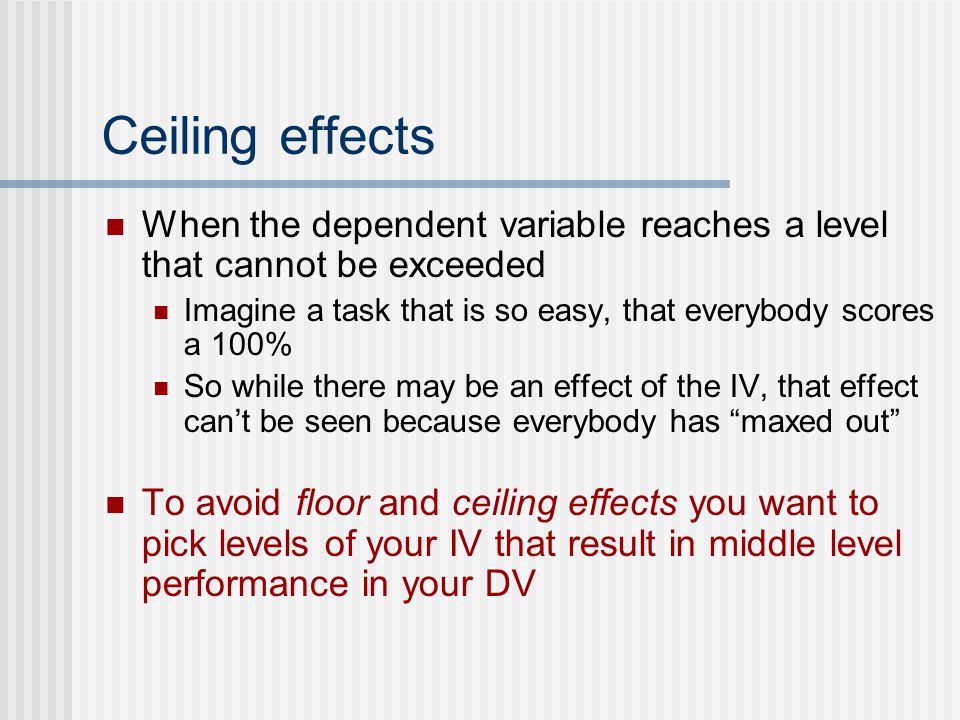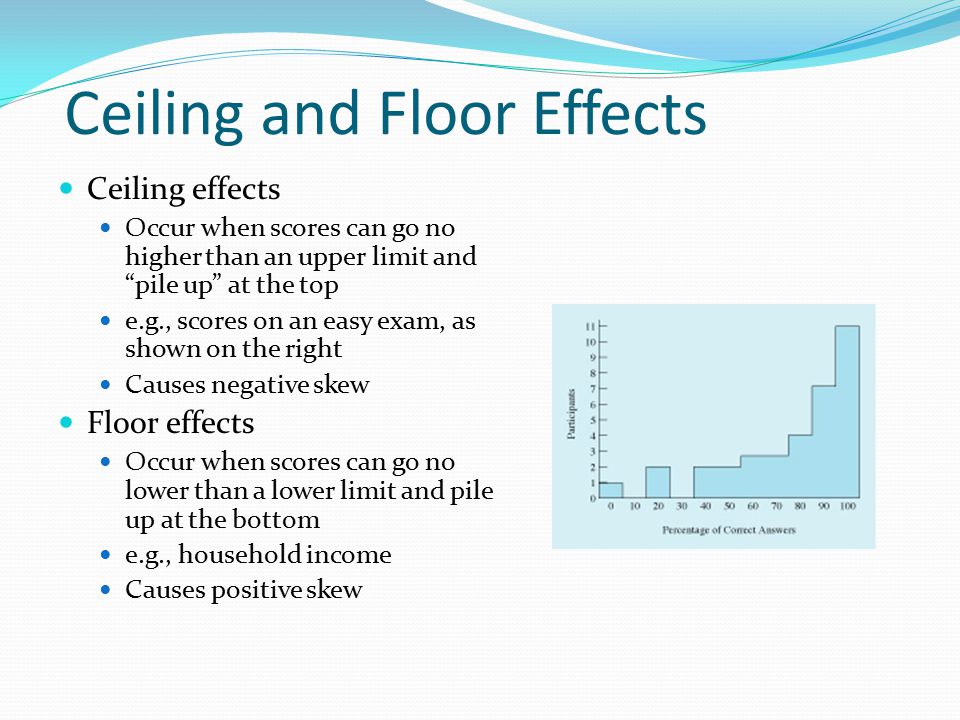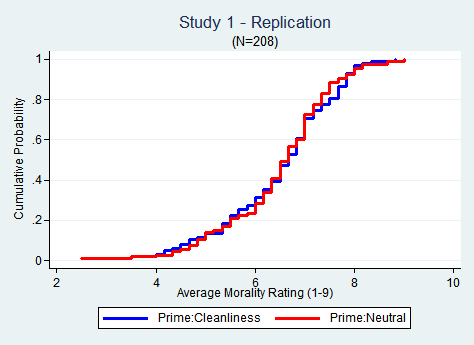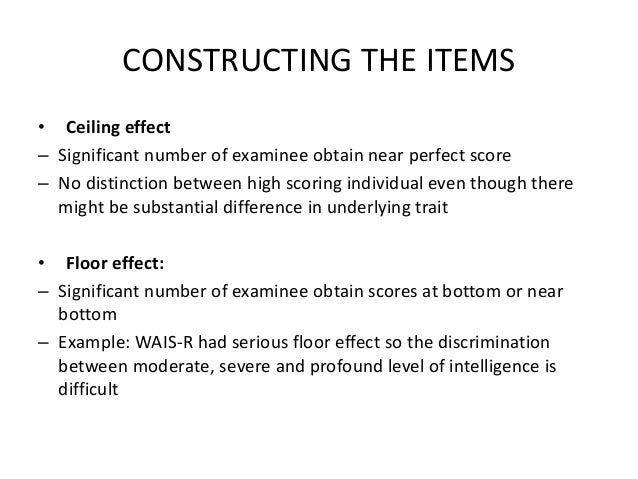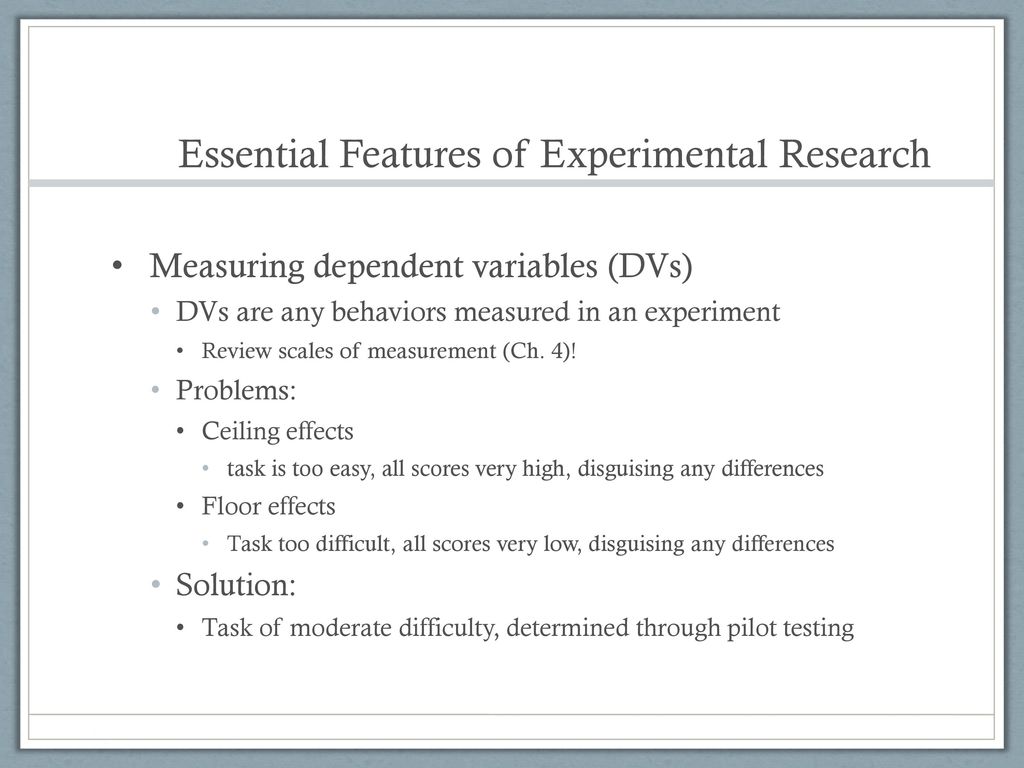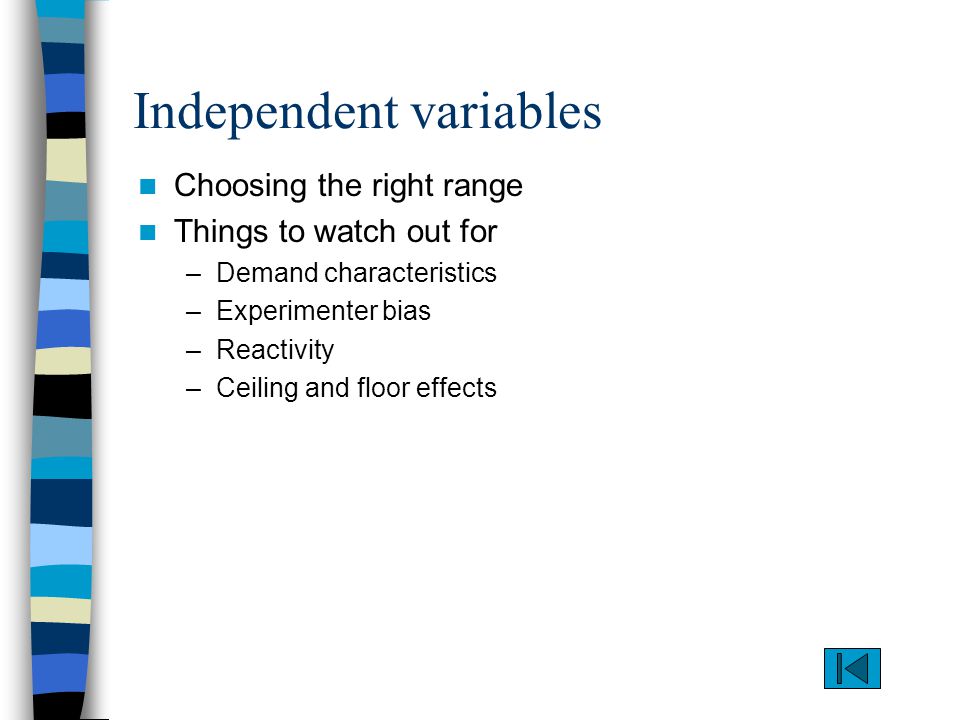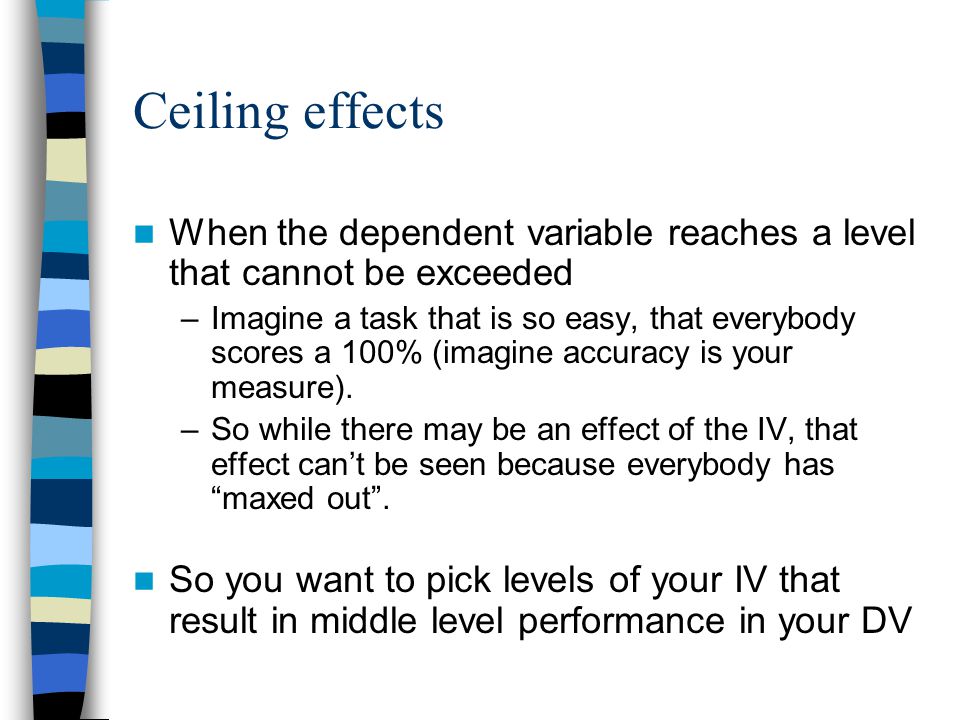Floor Effect And Ceiling Effect Psychology

Psychology definition of floor effect.
Floor effect and ceiling effect psychology. The inadequacy of a test to measure the true ability and intelligence of a child. In pharmacology a ceiling effect is the point at which an independent variable which is the variable being manipulated is no longer affecting the dependent variable which is the variable being measured. In layperson terms your questions are too hard for the group you are testing. The term ceiling effect has two distinct meanings referring to the level at which an independent variable no longer has an effect on a dependent variable or to the level above which variance in an independent variable is no longer measured or estimated an example of the first meaning a ceiling effect in treatment is pain relief by some kinds of analgesic drugs which have no further effect.
The inability of a test to measure or discriminate below a certain point usually because its items are too difficult. Ceiling effect is used to describe a situation that occurs in both pharmacological and statistical research. Limited variability in the data gathered on one variable may reduce the power of statistics on correlations between that variable and another variable. For example the distribution of scores on an ability test will be skewed by a floor effect if the test is much too difficult for many of the respondents and many of them obtain zero scores.
The term ceiling effect is a measurement limitation that occurs when the highest possible score or close to the highest score on a test or measurement instrument is reached thereby decreasing the likelihood that the testing instrument has accurately measured the intended domain. In statistics a floor effect also known as a basement effect arises when a data gathering instrument has a lower limit to the data values it can reliably specify. In research a floor effect aka basement effect is when measurements of the dependent variable the variable exposed to the independent variable and then measured result in very low scores on the measurement scale. The other scale attenuation effect is the ceiling effect floor effects are occasionally encountered in psychological testing.
A floor effect is when most of your subjects score near the bottom. It essentially describes when the dependent variable has leveled. There is very little variance because the floor of your test is too high. Each intelligence or achievement test usually has an upper limit ceiling designed to be the highest attainable score and yet there are situations when the items are too easy for an exceptional participant compare floor effect.
This is even more of a problem with multiple choice tests. A ceiling effect can occur with questionnaires standardized tests or other measurements used in research studies. Also called a basement effect.

